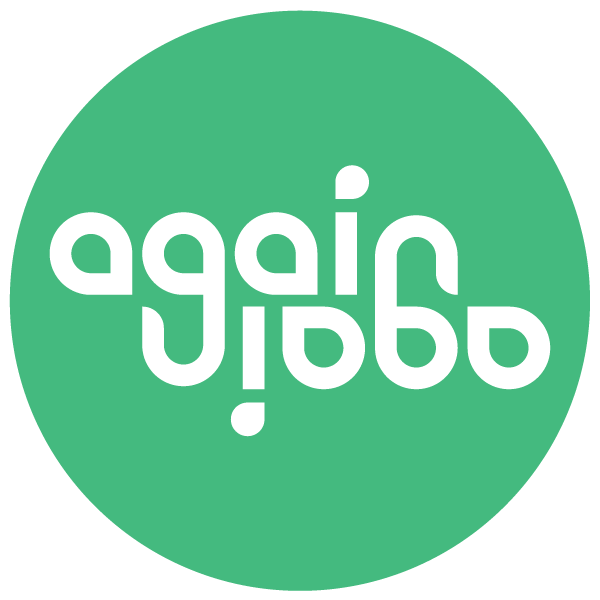Balancing the crises:
Coronavirus versus Zero-waste
Again Again was founded with a vision to help the hospitality industry decouple convenience from single use waste - a reimagined system to urgently solve one source of plastic pollution for the planetary ecosystem we need to thrive. Like so many others in the hospitality industry, we are looking at the total loss of our revenue for an uncertain period. That’s got us feeling philosophical about where we started, and what, if anything, should change as a result of Covid-19.
In the last few weeks the team at Again Again, like so many others in the hospitality sector, has been facing into the total loss of our income in the hospitality industry. In a time when there are no cafes, no restaurants, no mobility, and no takeaways - no one needs a reusable cup share network. Indeed, in our newly germophobic times, suspicion fell on reusables as potential vectors for virus-transmission, and action was taken to temporarily halt their use by coffee chains including McDonalds, Tim Horton and Starbucks. It’s understandable - the hygiene status of someone’s personal reusable cup cannot be known or guaranteed.
In this context it may seem as though a return to single use items is necessary to halt and prevent the transmission of Covid-19. It may seem as though to tackle the virus crisis, we must bow to the inevitable and give up on the work to save the ecosystem on which we all depend for life from a seemingly never-ending torrent of single use waste.
In a disappointingly sinister development, the New York Times reports that the American plastics industry has sniffed an opportunity to undo plastic bag bans and is vigorously lobbying both federal and state governments and institutions to return to single use plastics.
That would be the wrong thing to do. When the coronavirus pandemic is back in its box, the bigger social, pollution and climate crises caused by our existing systems will still be there.
In Donella Meadows’ famous 1972 report The Limits to Growth, Meadows warned that “humanity’s future will be defined not by a single emergency but by many separate yet related crises stemming from our failure to live sustainably. By using the Earth’s resources faster than they can be restored, and by releasing wastes and pollutants faster than they can be absorbed, we have long been setting ourselves up for disaster.”
If one thing is clear from voracious reading over the last few weeks, from an attempt to understand our current global situation - it is that this pandemic is an outcome of an ecological crisis that has been unfolding for decades. Centuries, even. The economic crisis it has unleashed throws into stark relief the social crisis, the gross inequity that has also been unfolding in our societies over the same period. Ecological crisis, economic crisis, social crisis - all linked in complex systems in which we humans play an outsize (and destructive) role.
Distinguished professor and environmentalist David Orr says “The plain fact is that the planet does not need more successful people. But it does desperately need more peacemakers, healers, restorers, storytellers, and lovers of every kind. It needs people who live well in their places. It needs people of moral courage willing to join the fight to make the world habitable and humane. And these qualities have little to do with success as we have defined it.”1
Viruses exist, and they can transfer to us and live on any surface - single use or reusable. It is human behaviours, practices, processes and workflows that make the difference. When cafes reopen, a public reusable cup system like Again Again can operate as safely as crockery with a simple tweak to messaging and workflow.
Again Again was founded with a vision to help the hospitality industry decouple convenience from single use waste - a reimagined system to solve one source of plastic pollution for the planetary ecosystem we need to thrive. Our effort tackles one niche, but when the pandemic crisis is over, indeed even before it is over, our collective health and prosperity depends on many others joining the movement to reinvent our economies, our politics, our practices and our norms to regenerate planetary health as a new way of being and doing.
Stephen Hawking, in his last words to the world before he died, said: “We are all time travellers, journeying together into the future, but let us work together to make that future a place we want to visit.2” Our mission is more urgent than ever.
1 Ecological Literacy: Educating Our Children for a Sustainable World
2 https://www.weforum.org/agenda/2015/09/stephen-hawking-we-are-all-time-travellers/

